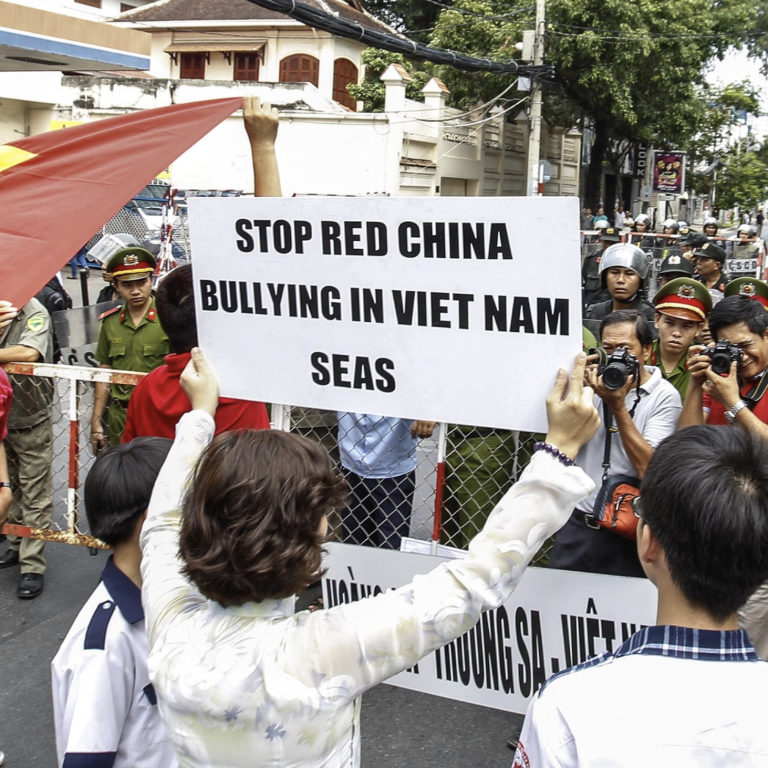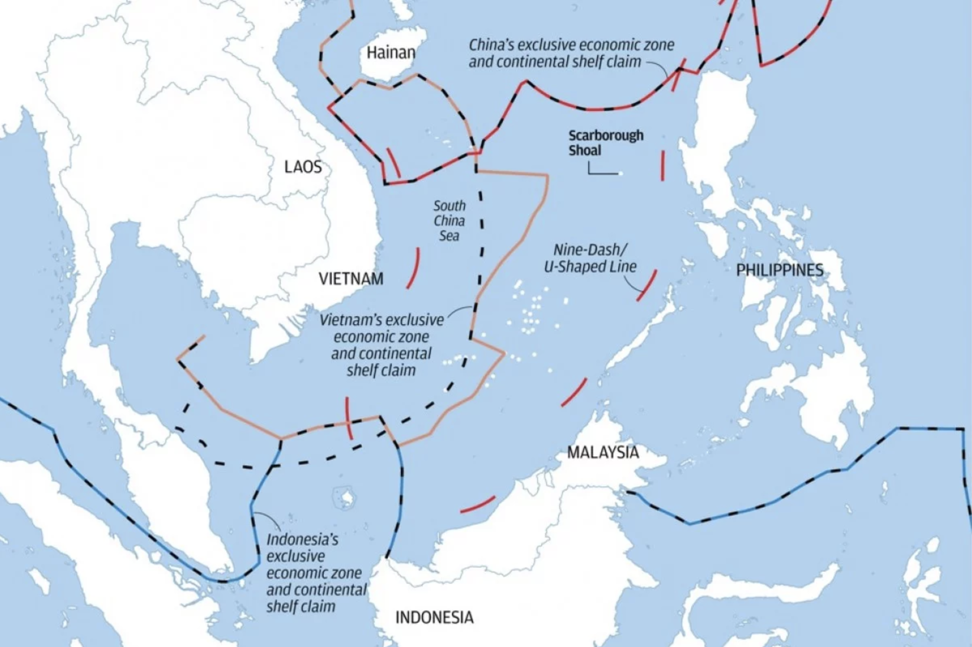
Beijing must not be allowed to bully Southeast Asian nations in the South China Sea
- President Xi Jinping risks forgetting the lessons of the late Deng Xiaoping by seeking to manipulate other countries
- Chinese trade and investment notwithstanding, Southeast Asian countries care just as much about territorial integrity as the Chinese
Donald Trump and Xi Jinping are the two biggest threats to global peace today. They’re both bullies, terrorising their respective “schoolyards”: Latin America as well as the Middle East in Trump’s case and Southeast Asia in Xi’s.
Trump’s ignorance, malevolence and bigotry have always been there to see. It’s easy to dismiss his adventurism and bravado against Iran as an attempt to distract from his impeachment.
Xi is infinitely more sinister. Back in 2016, the world’s leaders looked to Beijing as an alternative hub – for a principled, even-handed approach to global economics and politics.
Given such an environment, global trust and respect for rules have collapsed. Both the US and China disdain diplomacy. Why bother showing mutual respect when blunt force is more effective? This is classic bully behaviour.
Nearly one-third of the world’s shipping passes through the South China Sea, worth some US$3.37 trillion each year. Its waters contain potential energy reserves of 190 trillion cubic feet of natural gas and 11 billion barrels of oil.

China claims most of the sea, marking its maps with the “nine-dash line”, although this overlaps with the claims of several other Southeast Asian nations. China has not only violated almost everyone else’s waters but also constructed artificial islands there. Years of talks regarding a “code of conduct” to regulate behaviour in the South China Sea have so far proven fruitless.
Chinese fishing vessels in spat with Indonesia leave Natunas. Friends again?
However, if China assumes this investment is a licence to ride roughshod over us, it risks forgetting the lessons of its own history: no people will ever accept foreign domination, whatever the threats or inducements. Southeast Asian countries care as much about territorial integrity as the Chinese themselves.

So how should the rest of Southeast Asia respond?

Many Southeast Asians worry China will retaliate by altering the terms of trade and investment. This is entirely possible. However, Southeast Asia has traded with China for centuries and will continue to do so. The links are just too deep for there to be a long-term hiatus.
China must realise that we take Southeast Asia’s independence seriously. Our struggles for sovereignty and freedom from foreign interference have not been forgotten.
China’s new ambassador to Philippines begins job amid strained ties
Finally, you need credibility to stand up to a bully. We mustn’t turn into bullies ourselves. All our countries have significant Chinese communities. They should not become unwitting victims of China’s actions in the region, least of all at the hands of their own governments.
Still, it’s a tall order. Sometimes it seems as if nothing can help us against these two all-powerful bullies. But if Southeast Asia could see the bigger picture and stand together, there’s a chance to keep the region free and peaceful.

